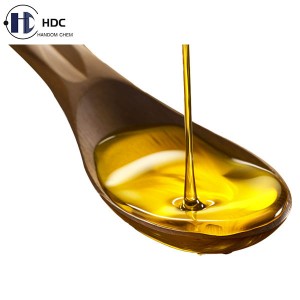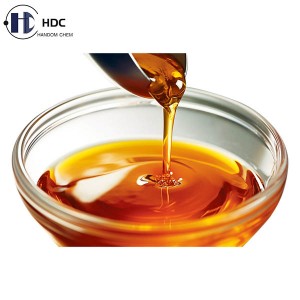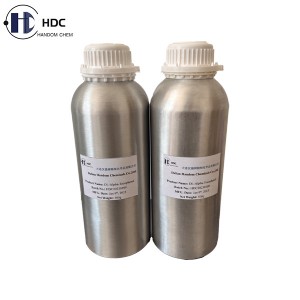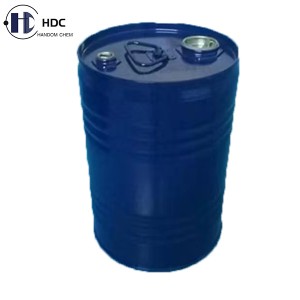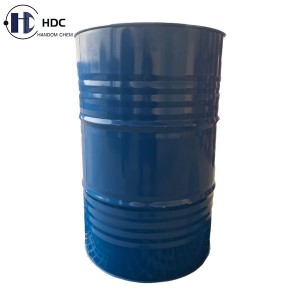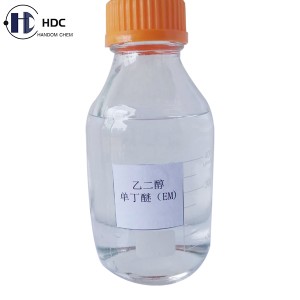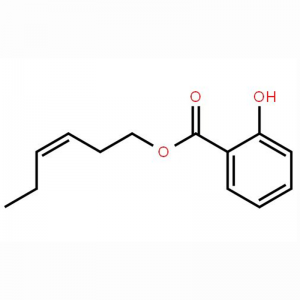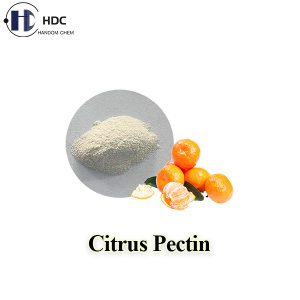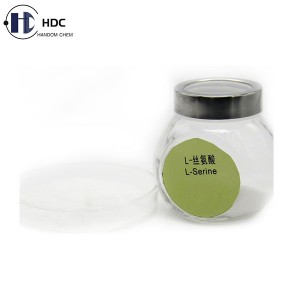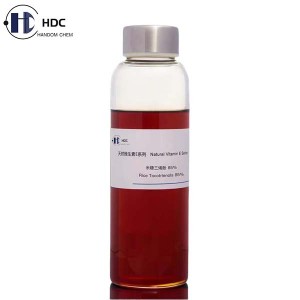DL-Alpha Tocopherol
Brief Introduction:
DL-α-Tocopherol, the chemical name is (2S)-2,5,7,8-tetramethyl-2-[(4S,8S)-4,8,12-trimethyltridecyl]-3,4-dihydro-2H-chromen-6-ol or (2R)-2,5,7,8-tetramethyl-2-[(4R,8S)-4,8,12-trimethyltridecyl]-3,4-dihydro-2H-chromen-6-ol, also known as vitamin E alcohol, is a class of compounds that mainly exhibits vitamin E activity.
Because its vitamin activity was first identified in 1936 in experiments on reproductive factors in rats, it was named "tocopherol". Found in edible oils, fruits, vegetables and grains, it is a fat-soluble vitamin and an important antioxidant. Similar substances of DL-α-tocopherol include: d-α-tocopherol; d-α-tocopherol ester; dl-α-tocopherol ester; d-α-tocopherol hydrogen succinate; dl-hydrogen succinate α-Tocopherol ester; β-tocopherol; γ-tocopherol; δ-tocopherol, all of them have the physiological activity of vitamin E, among which DL-α-tocopherol has the greatest activity and the strongest antioxidant capacity.
Specifications of our DL-alpha-Tocopherol:
| Test Items | Test Methods | Acceptance Criteria | |
| Appearance | Visual | Slightly yellow to amber, clear, viscous oil | |
| Identification | E307/JECFA/GB | Meets the requirements | |
| Chromaticity | ASTM | Not more than 4.0 | |
| Refractive Index | E307/JECFA/GB | 1.503 ~ 1.507 | |
| Specific Absorption | E307/JECFA/GB | 72 ~ 76 | |
| Acidity | USP/FCC/JECFA/GB | Not more than 1.0mL | |
| Related Substances | Impurity A | EP | Not more than 0.5% |
| Impurity B | EP | Not more than 1.5% | |
| Sum of impurities C and D | EP | Not more than 1.0% | |
| Any other impurity | EP | Not more than 0.25% | |
| Total impurities | EP | Not more than 2.5% | |
| Assay (GC) | EP/USP | 96.0% ~ 102.0% | |
| Residue on Ignition | E307/JECFA/GB | Not more than 0.1% | |
| Arsenic (As) | ChP | Not more than 1 ppm | |
| Lead (Pb) | E307/JECFA/FCC/GB | Not more than 2 mg/kg | |
| Residual Solvents (Diethyl carbonate) | In-house | Not more than 5000 ppm | |
| Microbial Limit Test | Moulds & Yeasts Count | GB 4789.15 | Not more than 100 CFU/g |
| Aerobic Plate Count | GB 4789.2 | Not more than 1000 CFU/g | |
| Coliforms | GB 4789.3 | Less than 3.0 MPN/g | |
| Salmonella | GB 4789.4 | Negative/25g | |
| Escherichia coli | GB 4789.38 | Less than 10 CFU/g | |
| Staphylococcus aureus | GB 4789.10 | Negative/25g | |
Test Standard:
EP/USP/FCC/JECFA/E307/GB
Main Functions:
♔ Vitamin E is a highly effective antioxidant that protects cell membranes from free radical damage and protects blood vessels, heart, breasts, eyes, skin, glands and other organs. This can prevent a variety of chronic diseases, such as breast cancer, cardiovascular disease, rectal cancer, etc.;
♔ Promote protein renewal and synthesis, which can promote wound healing;
♔ Promote the proliferation of capillaries and small blood vessels, improve peripheral blood circulation, and increase the supply of oxygen to tissues, thereby creating good nutritional conditions for ulcer healing;
♔ Related to reproductive function and sperm production, preventing miscarriage, infertility, and maintaining ovaries;
♔ Protect red blood cell membranes and prevent hemolytic anemia;
♔ Whitening and freckle removal, hair care, sun protection and skin care;
♔ Improve immune function and delay aging;
♔ Inhibit the growth of Helicobacter pylori and reduce the recurrence rate of ulcers after healing.
Packaging:
20kg/drum, 190kg/drum or according to the specific requirements from customers.
Storage Conditions:
Preserved in unopened original containers in a cool dry place before using; kept away from direct sunlight, heat and moisture.
Shelf Life:
24 months if stored under above mentioned conditions.



